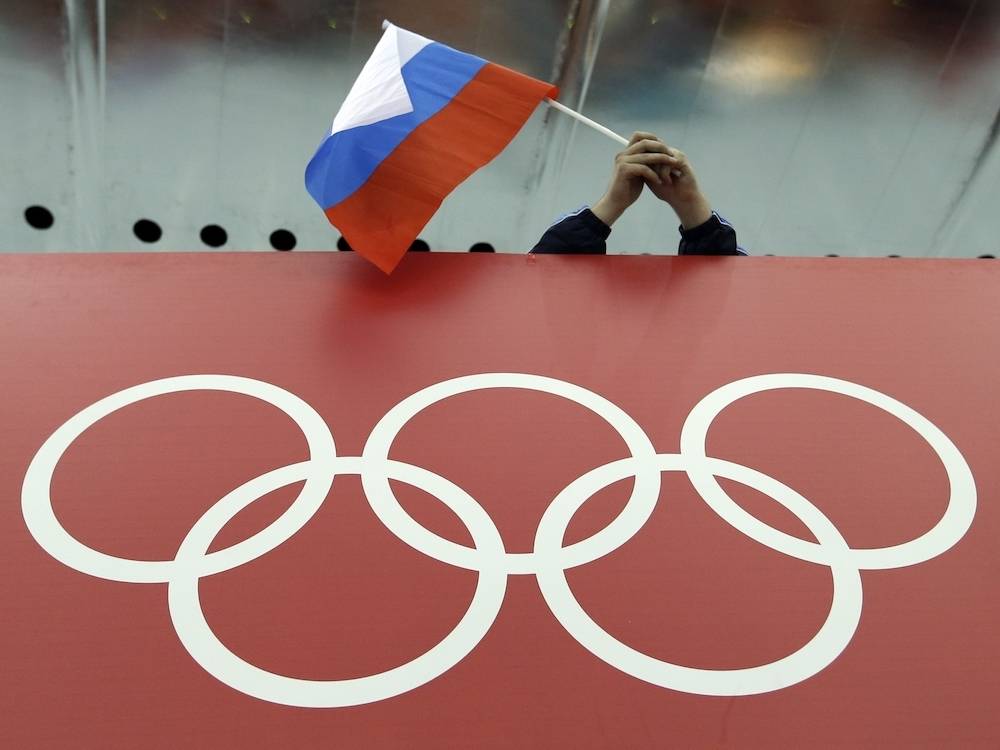World Anti-Doping Agency now possesses hard data on Russian athletes’ drug testing

The World Anti-Doping Agency, the global regulator of drugs in sports, has obtained a digital trove of data that holds the results of drug tests run on Russian athletes dating back several years and that is considered a final piece of the puzzle revealing the contours of a doping scheme that Russia conducted across multiple Olympics.
The agency said in a news release Friday that its investigations department was in possession of an electronic file that it believes contains “all testing data between January 2012 – August 2015.”
The database, fiercely protected by Russian authorities who have been unwilling to share the information with anti-doping investigators, did not arrive through official channels but rather from a whistleblower, according to a person with direct knowledge of the situation who spoke on the condition of anonymity.
Information in the database is believed to include thousands of drug tests, drastically expanding the scope of the Russian doping scandal and providing a new level of evidence just as the International Olympic Committee weighs how to penalize Russia ahead of the 2018 Winter Games in Pyeongchang, South Korea. New evidence contained in the database could compel Olympic officials to issue stiffer penalties.
The anti-doping agency said in the news release that its investigations department “is finalizing the forensic analysis of the enormous backup file; and, assessing what information is relevant.”
A spokeswoman for the World Anti-Doping Agency did not immediately respond to a request for further comment.
Russian officials did not immediately respond to a request for comment submitted to the government’s sports ministry.
Through an independent investigation conducted last year by the Canadian lawyer Richard McLaren, the anti-doping watchdog deconstructed Russia’s cheating schemes and determined that some 1,000 athletes had been tied up in them over 3½ years. Still, officials determined that many individual cases would be hard or impossible to prosecute, in part because of Russia’s lack of cooperation in providing certain evidence, including stored urine samples and the electronic lab records on past tests.
Anti-doping officials from several countries who have urged Olympic leaders to take a harder stance against Russia in the wake of McLaren’s investigation — even calling for the nation to be barred from the Pyeongchang Games — have pointed to Russia’s refusal to turn over the electronic data.
The World Anti-Doping Agency had ordered Russia to share the database before the watchdog would agree to restore Russia to good standing and certify its compliance with the global anti-doping code. The agency is due to evaluate Russia’s cooperation and decide whether to recertify the nation at a meeting next week in Seoul, South Korea.
Investigators who have studied how Russia corrupted several Olympics — most notably the 2014 Sochi Games, where the country controlled the anti-doping laboratory and dominated the medal standings — have coveted the electronic files from Moscow.
Known as laboratory information management system data, the records reflect the results of lab tests run on the machines in Russia’s national anti-doping lab, a nondescript five-story building a few miles from the Kremlin. They also reveal the identity of the athlete to whom each lab analysis corresponded.
Outside of international competitions, nations are responsible for drug-testing their own athletes and for reporting the results of those tests to a global database. In Russia, however, the national anti-doping laboratory alerted the nation’s sports ministry when athletes tested positive, and they often followed a deputy sports minister’s directive to falsely report positive drug tests as clean results to international authorities, according to both McLaren and the former longtime director of Russia’s lab, Dr. Grigory Rodchenkov.
In an inquiry report published last December, McLaren said that he had uncovered records that more than 500 such incriminating tests were falsely recorded from 2011 to 2015.
“Well-known and elite level athletes had their initial results automatically falsified,” he wrote, noting that, without access to Russia’s lab data and forensic analysis of it, the extent of similar discrepancies and the full scope of cheating could not possibly be known.
But if the database now in the regulator’s possession reveals new inconsistencies in the testing histories of Russian athletes, sports officials could mount strong disciplinary cases.
Without a positive drug test, it can be challenging to build a case against an athlete that will withstand a legal challenge. To date, Olympic officials have issued sanctions against six Russian Olympians who competed in Sochi and exonerated another; investigations into scores of others are continuing.
Global officials from each sport have separately been asked to review allegations against hundreds of athletes. The anti-doping regulator itself has agreed to close at least 95 such suspicious cases identified by McLaren based on a lack of evidence.
Olympic officials are currently deliberating how to punish Russia for its state-sponsored schemes, for which no Russian government official was allowed to attend the 2016 Rio Games. The International Olympic Committee is expected to announced its decision regarding Russia’s participation in the 2018 Winter Games in early December.
The issue has escalated far beyond the sports world, stirring geopolitical rhetoric. President Vladimir Putin this week criticized the recent disciplinary decisions against Russian Olympians as a U.S. attempt to undermine Russia and affect his nation’s presidential election in March.





